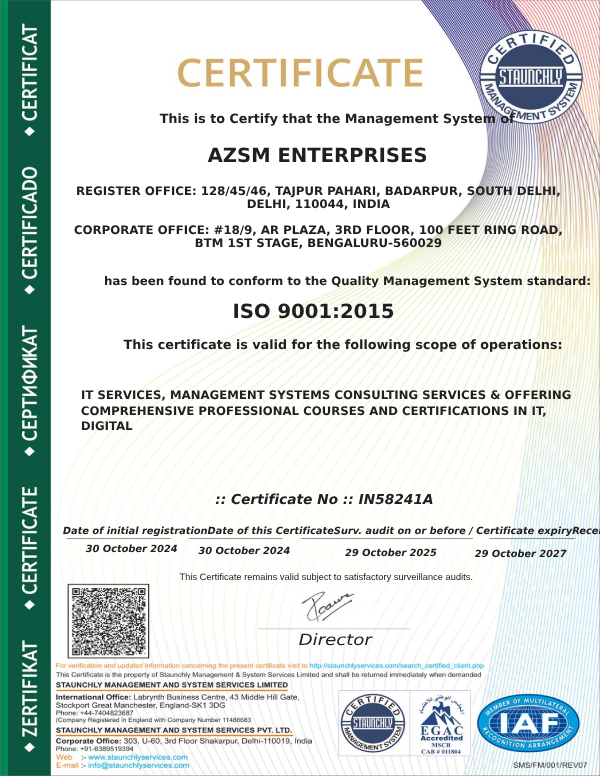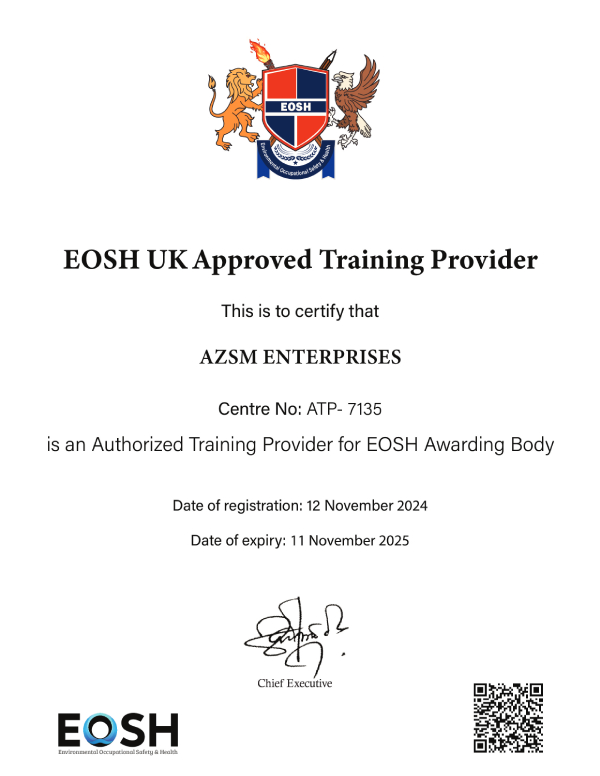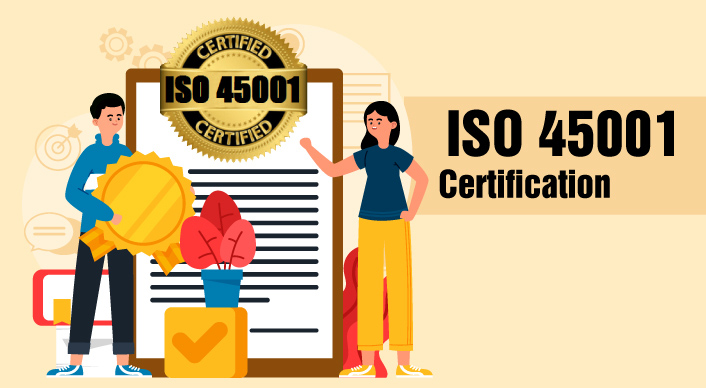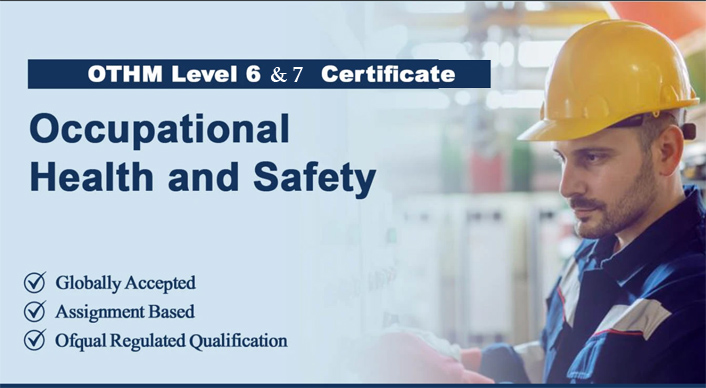Optimizing your website for search engines, also known as search engine optimization (SEO), can help improve your website's visibility and ranking in search engine results. Here are some key strategies to optimize your website for SEO:
Keyword Research: Identify relevant keywords and phrases related to your website's content. Use keyword research tools to find popular and less competitive keywords that have good search volume. Incorporate these keywords naturally into your website's content, including titles, headings, paragraphs, and meta tags.
High-Quality Content: Create valuable, informative, and unique content that is relevant to your target audience. Make sure your content is well-structured, easy to read, and provides value. Use headings, subheadings, and bullet points to enhance readability. Regularly update your content and consider adding blog posts or articles to keep your website fresh and engaging.
On-Page Optimization: Optimize your web pages by including relevant keywords in the page title, meta description, URL, and image alt tags. Ensure that your URLs are descriptive and user-friendly. Use proper header tags (H1, H2, H3, etc.) to structure your content and make it easier for search engines to understand.
Mobile-Friendly Design: Ensure that your website is mobile-friendly and responsive. With the increasing use of mobile devices, search engines prioritize mobile-friendly websites in their rankings. Optimize your website's design and layout to provide a seamless and user-friendly experience across different devices and screen sizes.
Website Speed and Performance: Optimize your website's loading speed by compressing images, minimizing code, and enabling browser caching. A fast-loading website improves user experience and can positively impact search engine rankings. Regularly monitor and optimize your website's performance using tools like Google PageSpeed Insights or GTmetrix.
Link Building: Earn high-quality backlinks from reputable and relevant websites. Backlinks are a crucial factor in search engine rankings. Focus on creating valuable content that naturally attracts links from other websites. You can also reach out to other website owners, bloggers, or influencers in your industry to request backlinks or guest posting opportunities.
User Experience: Enhance user experience by ensuring your website is easy to navigate, with clear and intuitive menus and internal linking. Provide a site map to help search engines crawl and index your website effectively. Make sure your website is accessible, with proper HTML markup and descriptive alt tags for images.
Social Media Integration: Integrate social media sharing buttons on your website to encourage users to share your content. Social signals can indirectly impact search engine rankings by increasing visibility and attracting more traffic to your website.
Monitor Analytics: Set up website analytics, such as Google Analytics, to track your website's performance, user behavior, and traffic sources. Analyze the data regularly to identify areas for improvement, track keyword performance, and measure the effectiveness of your SEO efforts.
Remember that SEO is an ongoing process, and it may take time to see significant results. It's important to stay up to date with SEO best practices, adapt to algorithm updates, and continuously optimize your website to improve its visibility and ranking in search engine results.

























